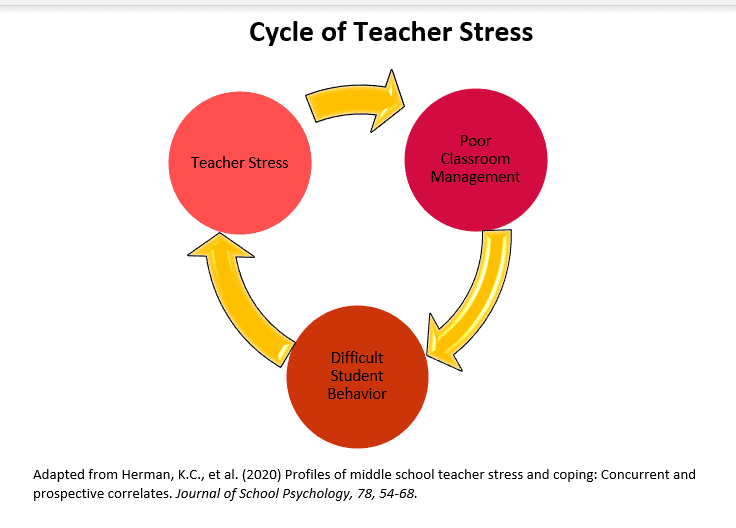Put on Your Own Oxygen Mask First
When you get on an airplane, the flight attendant goes to a visible spot, pulls out an oxygen mask, and says, “Should the cabin lose pressure, oxygen masks will drop. Please place the mask over your own mouth and nose before assisting others.”
There’s a lot of wisdom in that. Most people go into teaching to help others. Unfortunately, many teachers give and give without first making sure they have their own personal resources in place. The results can be disastrous.

I certainly got an eyeful watching the teacher across the pod from me.
As the year went on, she became more and more stressed out until one day she snapped completely.
The paramedics carried her out screaming and crying. She never came back.
By observing some basic self-care principles, teachers can avoid overextending themselves and burning out.
My first teaching job was in an “open school” where several classes would meet simultaneously in one large room called a “pod”. Usually the teachers divided the space into smaller classrooms with partitions, placing them so the students faced their teachers. The teachers faced the center of the pod and could see into each other’s space.
I don’t know all that contributed to her condition, but I definitely saw a downward spiral in the class over the course of several months.
The more her students acted out, the more her responses deteriorated. The students reacted even more provocatively. stressing her out even more until she literally cracked.
Over the years, I came to understand that stress and burnout affected teachers, students, colleagues, family, and friends.
Stressed teachers can do a lot of damage in the classroom and end up failing at the very thing they are trying so hard to do – help their students succeed.
Take a look at this graphic of the relationships between teacher stress, classroom management, and disruptive student behavior:

Notice relationship between teacher stress, ineffective classroom management, and bad student behaviors. They’re all tied together in a cycle, a downward spiral.
The researchers who examined this decaying spiral found that teachers who are stressed out have a harder time managing their classrooms well.
Students behave poorly, which increases teacher stress. This continues unless the teacher can learn to break the cycle with a better mindset toward stress and a more effective set of coping skills.
Good News: The researchers also found that having a realistic attitude toward job stressors and learning effective coping skills go a long way toward helping them remain competent without burning out.
Here are a few suggestions:
- Set healthy boundaries for yourself and your students. Remember that the students are the ones taking the class, not you. Make sure that everyone understands their responsibilities—including you. Set firm boundaries between the school and non-school parts of your life.
- Know yourself. Start observing yourself. What energizes you and what drains you? What are your strengths and weaknesses? Be alert for the positive and negative influences on you.
- Find and practice habits and routines that help you stay healthy physically and emotionally. Take some time to draw up a self-care plan that fits you and your situation. Reassess your plan as needed and make changes when necessary. Here’s a good article that includes a form to help you make your plan.
- Be realistic. Accept your own and your students’ limitations. You can set reasonable goals, learn from your mistakes, and demonstrate healthy self-care to your students. This will help them, too.
- Ask for help. Look around you for other teachers who successfully managing their stress levels. Ask them what they do in and out of school to minimize burnout. Read up on effective classroom management skills as well as self-care practices.
It isn’t always easy to manage your stressors. You don’t have control over everything in your life. But you can do your best to incorporate some simple attitudes and practices. You can provide a model for your students to become healthy, responsible adults.
About the Author
Pam Everly has been an instructor at Wright State University in Ohio for 5 years, where she earned her MATESOL at age 62!
She also holds a B.A. in Teaching of Russian from the University of Illinois at Urbana-Champaign and an M.A. in Gifted and Talented Education from the University of Colorado at Colorado Springs along with teaching certifications in English Language Arts and Reading.
She has taught students of all ages in a variety of public and private settings, including 6 years as a homeschooler. She has helped with the development of ISP curriculum materials.

